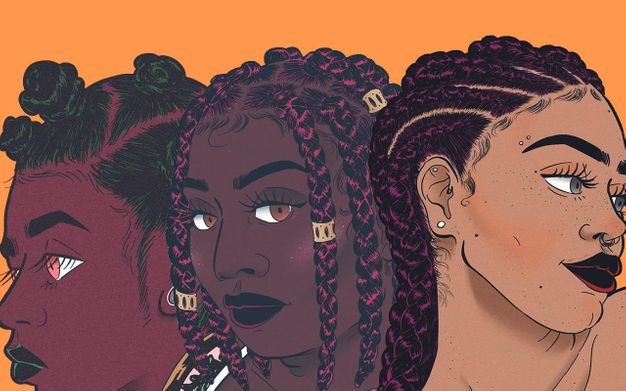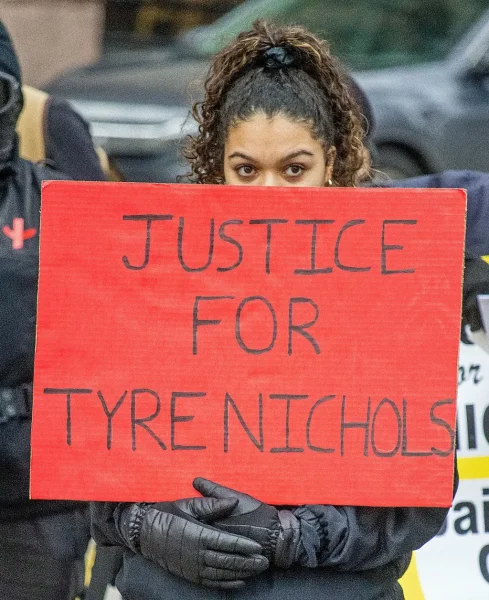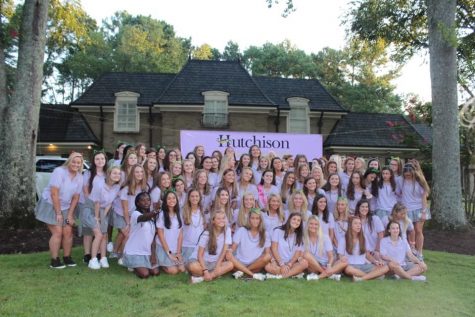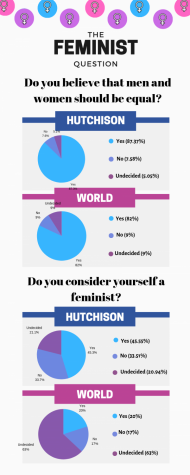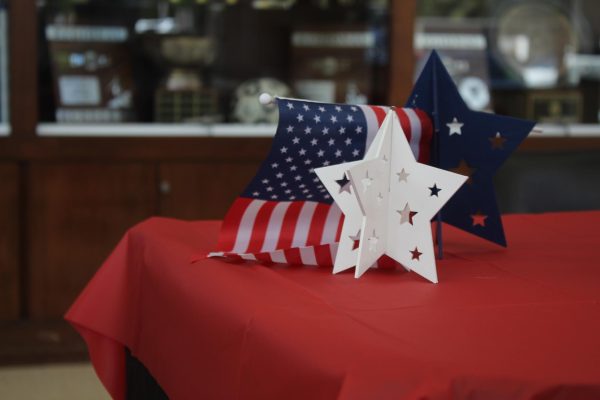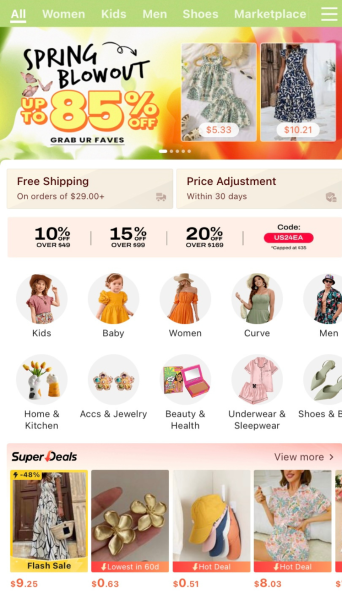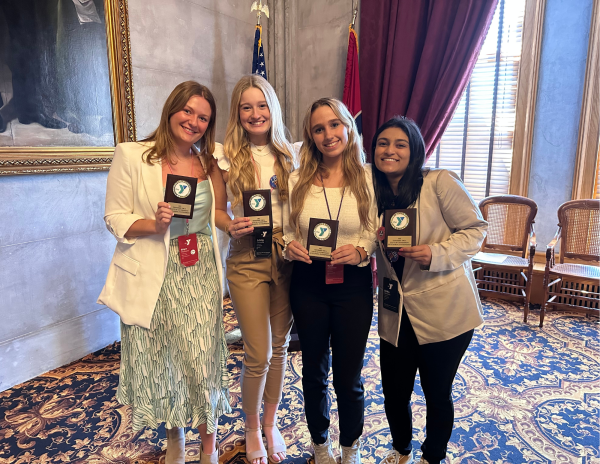Hardworking Hair
Introduction
In order to have impactful dialogue about natural hair, it is imperative to understand the essence of the subject. For decades, natural hair has been frowned upon in the workplace and sometimes even found to be illegal. From serving our country in the military to crunching numbers in cubicles, Black women have been forced to adhere to the conventional beauty standards as opposed to rocking their natural coils.
What Is Natural Hair?
In order to better understand and further the conversation surrounding natural hair, it is important to know what natural hair is. Contrary to some beliefs, natural hair refers to texture, not color. Natural hair has not been altered by chemical straighteners, such as relaxers and texturizers. Natural hair includes styles of African origin such as braids, twists, bantu knots, puffs, cornrows, locs, and afros!
Natural Hair Movement
The natural hair movement features women of Sub-Saharan African descent proudly embracing and wearing their naturally textured hair in public spaces. The first wave of the modern-day natural hair movement emerged during the 1960s. This powerful and proud movement continued throughout the 1970s during the time when self- expression was trendy. However, expectations in corporate America to maintain Eurocentric beauty standards in order for Black women to achieve higher success in the workplace contributed to the natural hair movement’s aversion after the 1970s. Another reason that the movement lost traction was due to the shift in various trends from the previous two decades. Revitalizing the natural hair movement is largely due to the influence of social media. Social media has changed attitudes toward natural hair and increased representation in television and beauty campaigns. Social media has sparked dialogue and provided the opportunity for girls and women to share advice about their hair journey. The impact of social media has tremendously influenced the natural hair movement today.
Natural Hair Mainstream
The natural hair movement has influenced hair representation in mainstream media. Natural hair has been depicted in large media campaigns by beauty companies Dove and L’Oreal. However, not all natural hair types are represented in mainstream media. Oftentimes, Black women with very loose curls are often featured rather than women with tighter coils. Natural hair is very versatile, it comes in many textures and lengths. Natural hair textures can be classified by utilizing the “A to C” chart (see chart below). This chart categorizes hair according to texture by organizing the hair by numbers and letters. When viewing this versatile chart, it is very apparent that natural hair is portrayed as one specific curl pattern, such as 3A. However, many Black women who have type 4 hair are often excluded in mainstream media or beauty campaigns.
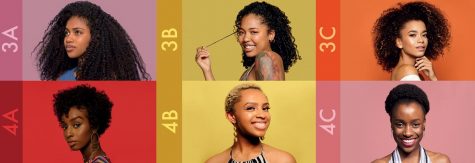
Natural Hair In the Workplace
For Black women, wearing natural hair in the workplace underscores an extensive history of hair discrimination. The first natural hair discrimination case was Jenkins v. Blue Cross Mutual Hospital Insurance of 1976. The US Court of Appeals (for the Seventh Circuit) proposed a discrimination lawsuit against an employer that had bias against afros. In conclusion, the court of appeals granted all workers the right to wear afros under Title VII of the Civil Rights Act of 1964. Even though these restrictions are now illegal, language such as “unkempt”, “messy”, “unprofessional”, “distracting”, and “too big” became popular, allowing for many companies to restrict natural hair in the workplace. This discriminatory narrative and natural hair-shaming culture in the workplace toward Black women has pressured many Black women to resort to straightening their curls and kinks in order to appease to workplace standards.
Unfortunately, hair discrimination in the workplace remains legal in 46 states with the exception of California, New York, New Jersey, and Virgina. Across America, Black women continue to be unfairly policed for their natural hairstyles, even being bullied at school or dismissed at work because of how their hair naturally grows from their head.
There have been hundreds of legal cases regarding racial discrimination in the workplace concerning natural hair. Notably, the case of Chasity Jones, a Black woman from Alabama. She appealed to the US Supreme Court in 2017 after losing her job offer when she refused to cut her locs. Just three years ago, the US military lifted the ban on natural hairstyles for Black women. Previously, these women would have to pay for a straightening hair treatment weekly using their paychecks in order to comply with the regulations, such as Army Regulation 670–1, that restricted those very women from wearing the hair that they were born with.
Joneé Lewis on Natural Hair
Joneé Lewis is a weekend evening news anchor for WREG in Memphis, TN. Lewis has recently begun rocking her natural hair as a news anchor on live television. I had the pleasure to interview her about her natural hair journey and what motivated her to unapologetically embrace her natural hair on air.
(Me): What motivated you to begin wearing your natural hair?
(JL): It is something I thought before but after a discussion with my stylist and a coworker I decided to go for it. I would likely still be contemplating whether or not to do it but then the pandemic happened. Salons closed and it wasn’t safe or practical to keep up with hair maintenance during these unprecedented times. I started to notice other Black women rocking their braids on-air, became inspired and decided to opt for a protective style.
(Me): Did you receive any pushback or pressure from executives to hold back on embracing your hair? If so, do you know why?
(JL): No pushback at all. My News Director, management, coworkers, and everyone else has been so encouraging and complimentary. The support has been amazing!
(Me): What comments surprised you most when you made a change in your appearance?
(JL): I was most surprised by the stories other women of color shared with me about not feeling confident enough to change their hairstyles. These were from women in all professions. It really dawned on me how widespread of an issue this is and how many Black women struggle with confidence due to restrictions others have placed on us. One message in particular from a grandmother who said when her granddaughters saw me on the news, they saw themselves. I realized how important representation is.
(Me): What would be your message to your viewers or younger girls who are hesitant or struggle with their hair appearance?
(JL): DO YOU! Be bold. Don’t wait as long as I did. For too many years I would take out my “vacation styles” for fear of negative comments or not looking “professional.” Braids are professional, your hair is professional. Embrace your crown. It’s unique and it’s yours!
Embrace Your Crown
The versatility of natural hair contributes to Its beauty. The natural hair experience is subjective and different for everyone. However, it is still very important to spread awareness for natural hair representation in the media as well as acceptance in the workplace. Hardworking, influential women, such as Joneé Lewis, have inspired hundreds of girls and women to further embrace individuality and their natural hair. Sharing her experience via social media (and this interview) has certainly impacted many girls contemplating embracing their natural hair, including me. If you’re nervous about starting, or continuing your hair journey, go for it! Despite a few setbacks, natural hair strides have progressively gone further over the years. The natural hair movement remains strong and can only grow from here!
Special Thanks to Joneé Lewis (@JoneeLewisTV), Anchor WREG Memphis, TN for her insightful contribution to this article.



